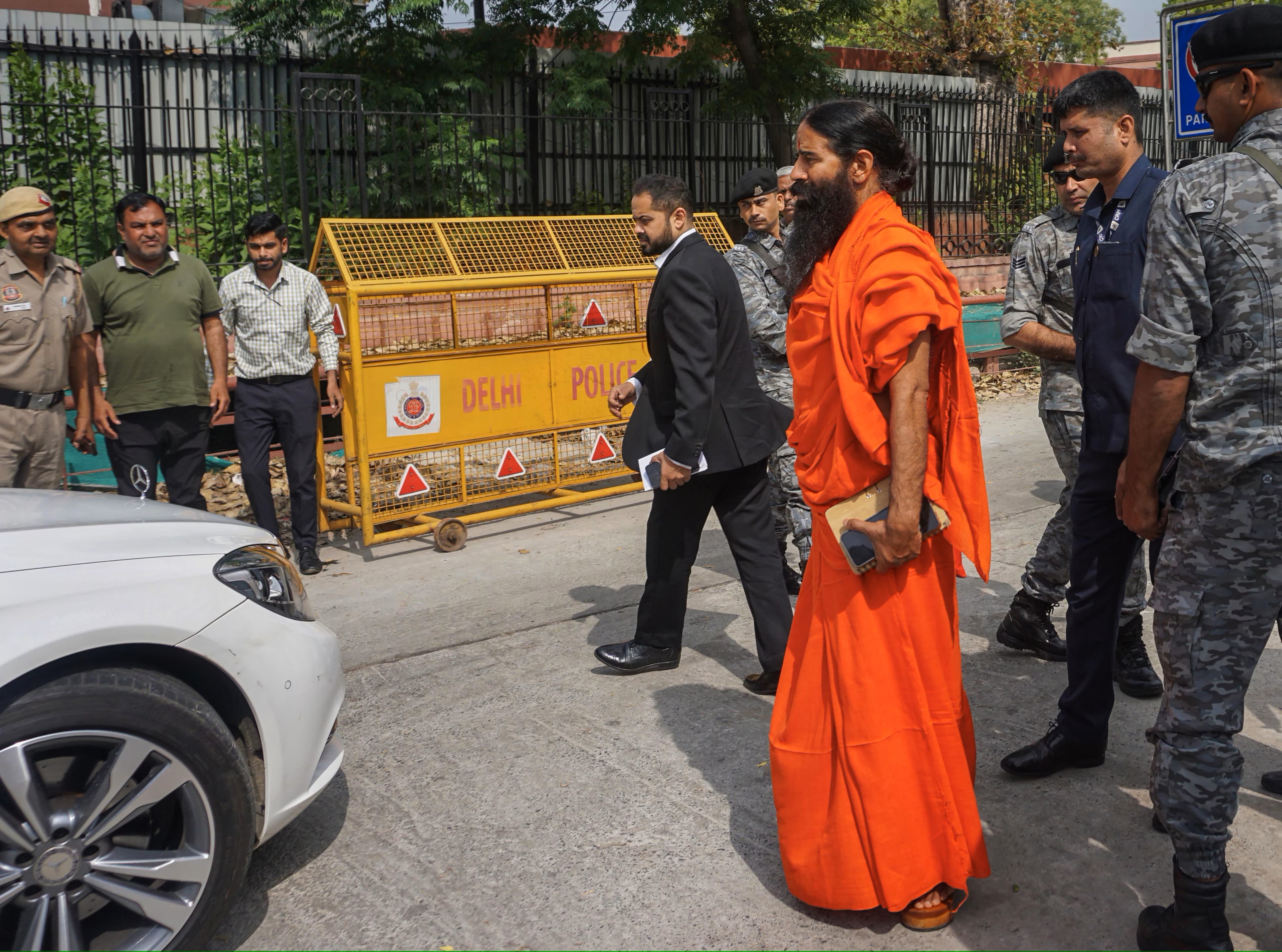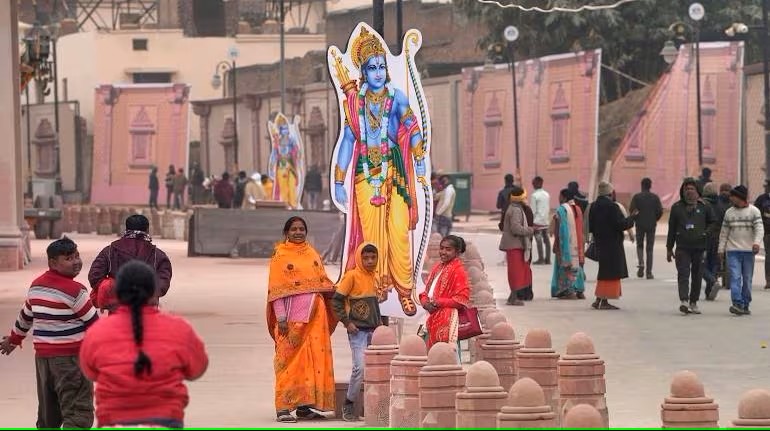The Supreme Court posed pointed questions to the Centre and the Indian Medical Association (IMA) during its hearing into the IMA’s allegations of misleading advertisements by Baba Ramdev’s Patanjali Ayurved, including those for Coronil, which was promoted as a “cure” for COVID-19.
 The justices asked why the government had removed Rule 170 from the Drugs and Magical Remedies (Objectionable Advertisements) Act (DMR), which bans ads for medicines claiming “magical” properties. Rule 170, added to the DMR in 2018, required companies producing Ayurvedic, Siddha, and Unani medicinal products to obtain clearances from state licensing authorities before running ads. However, in August last year, the AYUSH Ministry reversed its stance and recommended dropping Rule 170 based on a special technical board’s input.
The justices asked why the government had removed Rule 170 from the Drugs and Magical Remedies (Objectionable Advertisements) Act (DMR), which bans ads for medicines claiming “magical” properties. Rule 170, added to the DMR in 2018, required companies producing Ayurvedic, Siddha, and Unani medicinal products to obtain clearances from state licensing authorities before running ads. However, in August last year, the AYUSH Ministry reversed its stance and recommended dropping Rule 170 based on a special technical board’s input.
The court criticized the government’s decision and questioned its motives, asking if it was prioritizing revenue over proper enforcement. The justices also questioned whether the Centre’s decision to withdraw the rule amounted to a misuse of power.
The justices addressed the original petitioner, the IMA, about potential laxity in standards for ads of allopathic medical products and the need to counter misleading ads. The court emphasized its focus on protecting children, babies, and women from misleading advertising.
The court voiced concerns over the broader safety of popular consumer products after reports from Hong Kong and Singapore flagged the presence of a carcinogenic compound in certain popular spice brands. The Centre has since ordered testing of such products.
The Supreme Court also urged the IMA to address unethical practices within its own ranks, such as prescribing expensive and unnecessary medicines. The court concluded by reminding the IMA of its responsibilities, stating that while it points a finger at Patanjali, other fingers point back at it.




